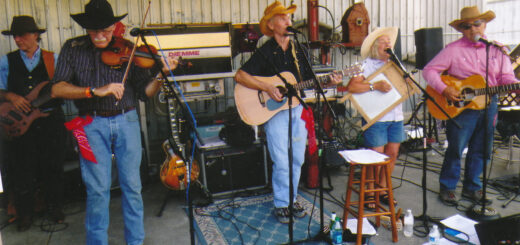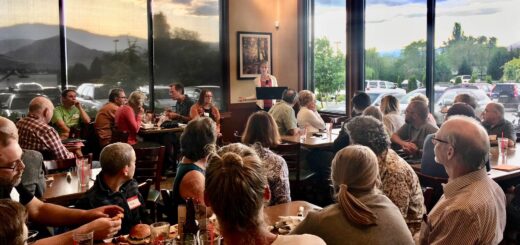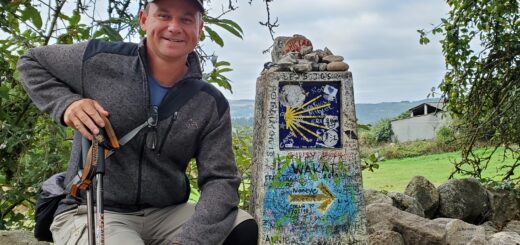TwispWorks’ success offers insights into effective community building
I have long been intrigued by the TwispWorks economic development and community building project. Situated in an abandoned Forest Service complex, it is breathing life and energy into the Methow Valley.

TwispWorks is a fine example of how a community working together with a common goal of enhancing the community while promoting economic success can be successful.
Don Linnertz, TwispWorks executive director, walked me through the campus recently and chatted about the impact his organization is having on the Methow Valley.
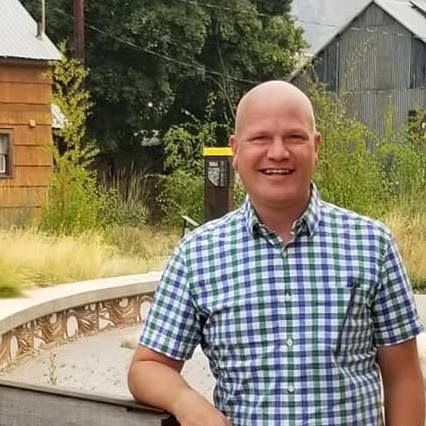
When TwispWorks started, economic prospects for the community looked rather bleak, Linnertz said. In the space of a few years, the Twisp mill closed taking with it more than 400 good-paying jobs, and then the Twisp Forest Service campus ceased operations, taking another 100 or jobs.
Ten years ago, an anonymous donor put up $1 million to purchase the property and offered to make it a donation if a strong economic development effort could be established. This summer, the donor finalized the donation because of TwispWorks’ success.
The 6.5-acre site with 17 buildings has been transformed. The buildings have been renovated to allow for year-round use and the campus provides incubator space, places for artists to produce and collaborate and space dedicated to education, including the Little Star Montessori school. It is a hub of innovation and creation.
When I toured it with Linnertz, the Old Schoolhouse Brewery was building out its brewing operation. Making it possible for business to develop and grow to the next level is a key economic development strategy.
TwispWorks is also home to Methow Made, the brand that promotes things produced locally to the outside world. The Methow Valley is a special place and promoting its products is a way of honoring those values and supporting its economic sustainability.
Any effective economic development program is focused on diversifying the local economy and supporting businesses so that the loss one or two won’t have the kind of devastating impact like the loss of a mill or a forest service operation, Linnertz said.
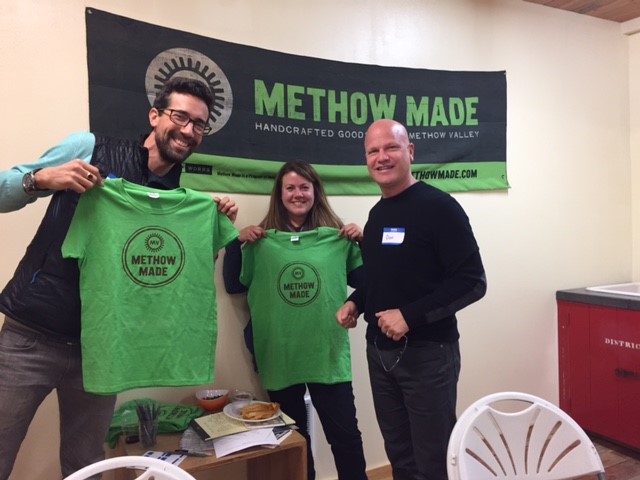
Branding Methow products 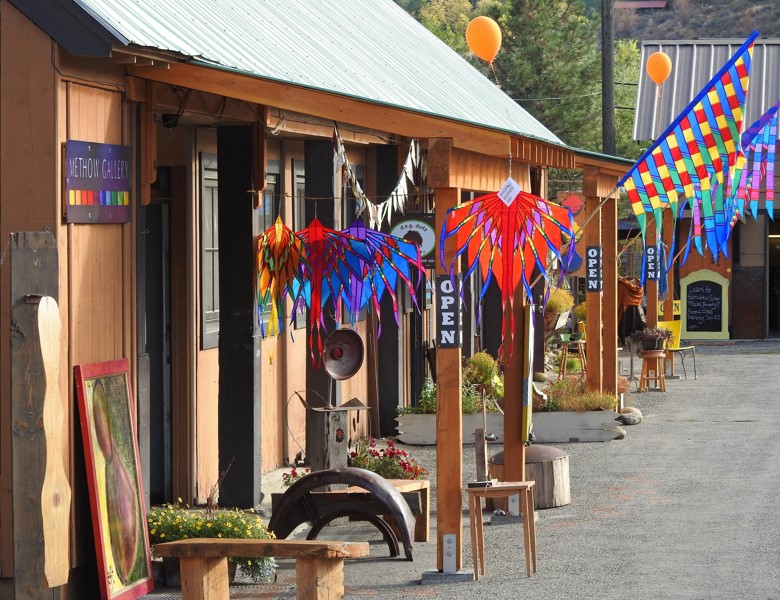
TwispWorks campus 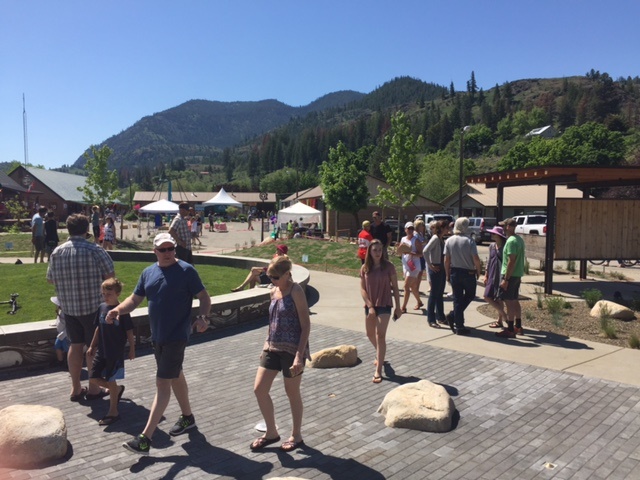
TwispWorks campus
One of the many success stories at TwispWorks is EQPD, a small manufacturing company that produces bags and luggage that are environmentally friendly. Jonathan Baker and his wife Margaret are proving that small-scale manufacturing can work and contribute to the economy in a rural town.
TwispWorks is pushing forward with new initiatives and energy and has been tapping the community extensively for ideas.
Besides the TwispWorks campus, the organization has a robust outreach program that includes the Methow Investment Network. The network has over 50 local investor-members who help fund business startups and expansions in the valley. To date, Linnertz said, about $2.5 million has been loaned to businesses in the valley.
Linnertz, who has a background in nonprofits and also work for Adobe in the Seattle area, said the valley welcomes change but there remains a strong sense of connection to the history of the place and to the sense of community that exists.
Maintaining that strong sense of identity is something all of our communities in the region are or will be facing. Guiding change and growth rather than being colonized by folks who move to our communities but may not appreciate the sense of community that exists is an opportunity that we must grasp.
To me, that is the magic of TwispWorks. It has created a strong connection to the past and is boldly pushing toward the future and making sure it’s done in a way that supports the sense of community.

